In today’s society, the desire to achieve a slim and fit physique has led many people to resort to fad diets in the hope of quick and effortless weight loss. These diets often promise rapid results by restricting certain food groups, promoting extreme calorie deficits, or advocating for the consumption of specific “miracle” foods.
However, while fad diets may yield short-term outcomes, they are rarely sustainable or effective in the long run. In this blog, we will explore the reasons why fad diets fail to deliver lasting weight loss and discuss healthier alternatives for achieving sustainable and healthy weight management.
Sustainable weight loss is a journey, not a race.
1. Lack of Balanced Nutrition
Fad diets typically focus on restricting or eliminating specific food groups, which can lead to imbalances in essential nutrients. Our bodies require a diverse range of nutrients to function optimally, including carbohydrates, proteins, fats, vitamins, and minerals. By eliminating entire food groups, fad diets often deprive the body of these vital nutrients, leading to deficiencies and potential health problems. Moreover, severe restrictions can lead to cravings, binge-eating episodes, and ultimately, a cycle of weight regain.
2. Unsustainable and Unrealistic
Many fad diets promote rapid weight loss by severely restricting calorie intake, which is often unsustainable and can be harmful to the body. These diets may initially produce quick results, primarily due to water loss and muscle depletion rather than fat loss. As a result, once the diet is discontinued, the lost weight is often regained rapidly. Additionally, fad diets often require strict adherence to complicated rules, making them difficult to maintain in the long term, leading to feelings of deprivation and frustration.
3. Metabolic Adaptation
When the body is subjected to extreme calorie deficits for an extended period, it enters a state of metabolic adaptation. In an effort to conserve energy, the metabolism slows down, making it harder to lose weight. This is often referred to as the “yo-yo effect,” where weight loss is followed by weight gain, creating a vicious cycle. Fad diets fail to address this metabolic adaptation, making it increasingly challenging to achieve sustainable weight loss.
4. Neglecting Behavioral and Lifestyle Factors
Fad diets tend to focus solely on food choices and disregard the importance of lifestyle factors and behavioral changes in achieving long-term weight loss. Factors such as stress, sleep, physical activity, and overall mindset play a crucial role in maintaining a healthy weight. Fad diets rarely address these factors, resulting in a limited approach to weight management.
5. Lack of Individualization
Every individual is unique, with different body types, metabolic rates, and nutritional needs. Fad diets promote a one-size-fits-all approach, which fails to consider these individual differences. What works for one person may not work for another. Sustainable weight loss requires personalized nutrition and lifestyle plans tailored to individual needs and preferences.
Sustainable weight loss focuses on balanced nutrition, behavioral changes, and holistic health.
While fad diets may promise quick fixes and instant results, they are not a sustainable or healthy approach to long-term weight loss. Instead, it is important to focus on adopting a balanced and varied diet, regular physical activity, managing stress, prioritizing sleep, and making gradual lifestyle changes that can be maintained over time.
Consult with a registered dietitian or healthcare professional to develop a personalized plan that promotes overall health and well-being.
Stay Informed. Stay Healthy!


